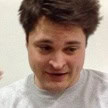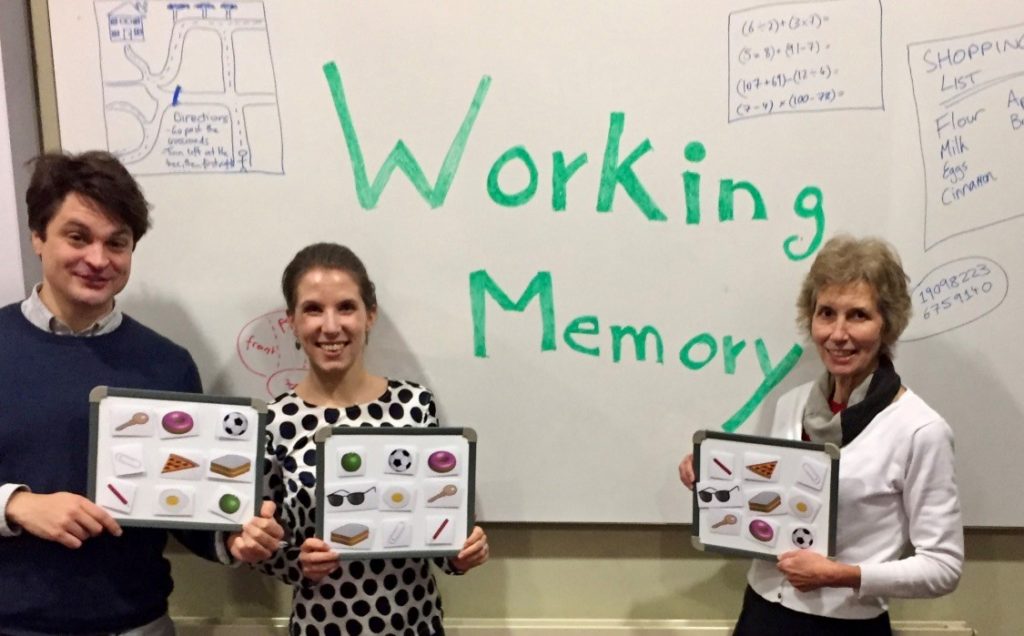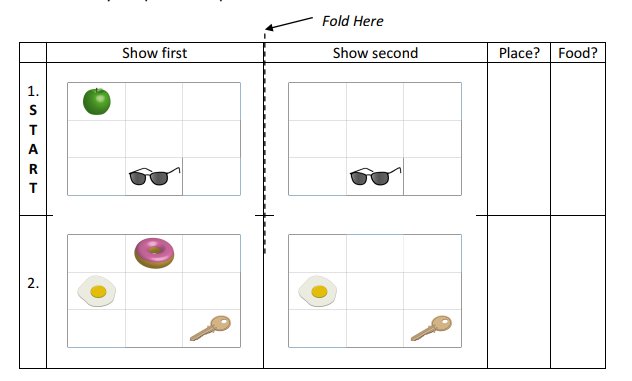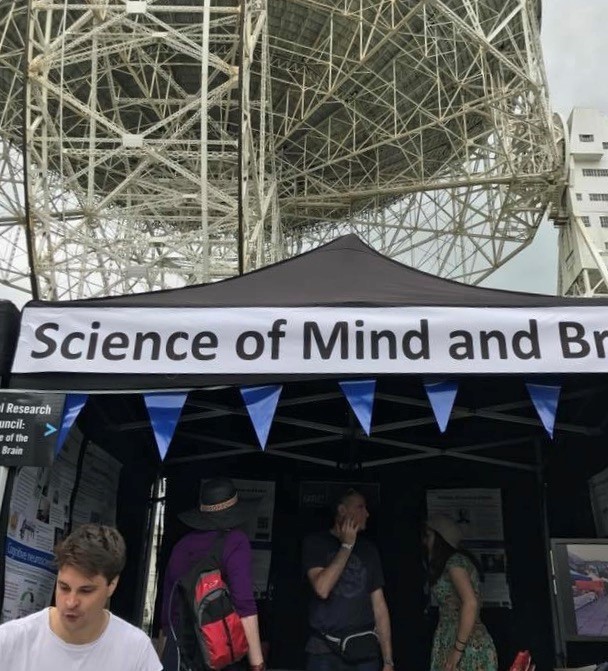 Joe was voted the winner of the Brain Zone in November 2016. Here he writes about using his £500 prize money to develop classroom resources about working memory.
Joe was voted the winner of the Brain Zone in November 2016. Here he writes about using his £500 prize money to develop classroom resources about working memory.
If you’d like the chance to win funding for your own public engagement work, apply for the next I’m a Scientist, Get me out of here: imascientist.org.uk/scientist-apply
As a neuroscientist working on brain development, I’m working with children a lot and am amazed by the kids’ willingness to sit through some often quite boring experiments or lie in the slightly intimidating brain scanner. Many of the children are curious to hear more about the science, but there is usually not enough time during the experiment to talk about these things in detail.
There are some very successful efforts to tell teachers and parents about our research, but there is hardly anything aimed directly at kids. I thought that children would like to hear about the interesting things that we find out about their minds and brains and that they could also benefit from some of the insights that we have gained from this.

This is part of the team posing with the working memory game.
With the help of my colleagues, I developed a school lesson to teach children between 7 and 11 years about working memory – that is our mind’s ability to store information for a short time and manipulate it. At the heart of the lesson is an interactive exploration, where children take the roles of a scientist and a participant. The scientist presents pictures of items on a board to the participant, then turns the board away and removes one of the items. The participant has to remember where the item was on the board and if it was edible or not.
Through this game and the other parts of the lesson, children can explore the concept of working memory, can develop awareness of working memory limitations, and can come up with strategies to manage their working memory in school and at home, and get an insight into cognitive psychology.

Part of the resources for the working memory activities. Download the resources
Getting these ideas into a suitable format for primary school was quite difficult, probably because we, as scientists, usually like wordy and complicated explanations that, understandably, do not hold the attention of a classroom of 7-year-olds. So, we tried the lesson at a local primary school, which helped us to improve the lesson a lot.
Now that the lesson plan is ready, we made it available online for teachers in the UK and around the world: Working Memory For Kids Lesson plan. We’re also aiming to take the working memory lesson on the road regularly to teach more children about our research.

This is me at a science demonstration at the Blue Dot Festival.
Thanks to the inspiration and encouragement that I gained by participating in I’m a Scientist, I also participated in other public engagement events to bring science to more kids. I put together a mini-version of the working memory game for a brain science stand at the Blue Dot Festival in July this year. I’ve also became a science mentor for Frontiers for Young Minds, a science journal for children.

